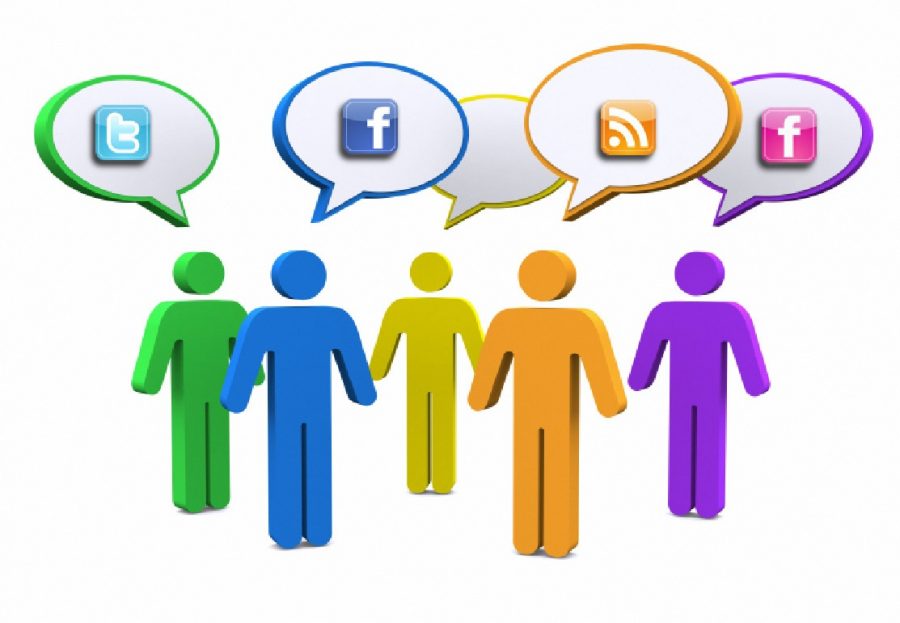Social networking requires responsibility
The Internet was created to make life more efficient – to shorten the time it takes to send information from one place to another. When Internet was first used by the United States Defence Advanced Research Project Agency (DARPA), civilians did not show much interest in it. Only in the late 80s did the general public start to seem interested at all. Since then, the Internet has exploded and has spread all across the globe creating the World Wide Web.
A person can use the Internet to learn lifesaving skills or to further a career. They can research for a paper and figure out how to cite their sources. They can keep in touch with friends and family that they see every day as well as those that they go years without seeing. That ability – the ability to share information and communicate – has created a social networking craze that is out of control.
Sure, there are positive aspects to social networking. Reconnecting with old friends and staying in touch with family is terrific. Taking and sharing pictures on the same device means that everyone can stay in touch with pictures as well as with words.
It’s not all good, though. Social networking and having devices in the classroom make it easier for students to cheat. That’s why state law makes all devices off-limits across campus, even for teachers, on EOC testing days.
Worse than that, social networking has made a bad problem – bullying – one that can take place from a distance and at the speed of light now rather than something that had to go on in person. Not that old-fashioned bullying was any more acceptable; it wasn’t. But at least it was a little more confined. Now, picking on someone can go viral in a matter of hours, making the humiliation for the victim that much worse.
Narcissism – excessive interest in one’s own experience and one’s own self- sometimes gets out of hand on sites like Facebook. This is evident from the number of people who share every single minute detail of their lives online. Sometimes, these details are ones that are simply boring, but all too often they are way too detailed and sometimes way too angry. It is much too easy now for someone who is mad about something to vent on Facebook, never dreaming that the person they are venting about will know. Thanks to sharing and screenshots, though, even if the post is removed later, the vent and the potential for hurt feelings is still out there.
For better or for worse, the Internet and social networking is a part of life now for the majority of Americans and for people all over the world. The challenge now is to use it responsibly and in a positive way.







